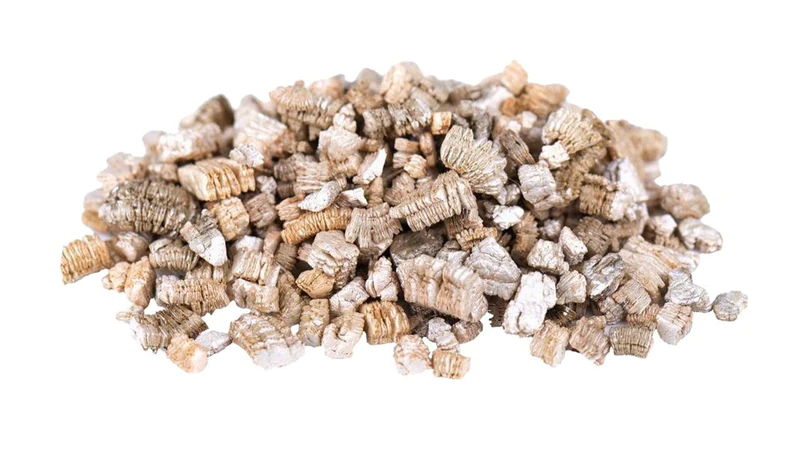Dec . 25, 2024 03:40 Back to list
Suppliers of Thermal Insulation Materials for Pipe Applications and Construction Projects
Understanding Pipe Thermal Insulation Materials and Their Suppliers
In today’s rapidly evolving industrial landscape, the efficient management of energy resources is more crucial than ever. One of the significant aspects of energy management is ensuring that heat is used effectively and retained where necessary, particularly in piping systems. This is where pipe thermal insulation materials come into play. They are essential for controlling temperature fluctuations, decreasing energy consumption, and reducing greenhouse gas emissions across various sectors. This article will explore different types of pipe thermal insulation materials, their benefits, and the suppliers that provide these indispensable materials.
What are Pipe Thermal Insulation Materials?
Pipe thermal insulation materials are specially designed substances that maintain the temperature of fluids transported through piping systems. They work by creating a barrier that reduces heat loss or gain, thus maintaining the desired temperature of the materials within the pipes. Depending on the application and the temperature range, various materials can be utilized for this purpose, including fiberglass, foam, calcium silicate, polyurethane, and polystyrene, among others.
1. Fiberglass Insulation This material is one of the most widely used thermal insulations for pipes. It comes in the form of batts, rolls, or pre-formed pipe sections. Its excellent thermal resistance and fire-retardant properties make it a top choice for both commercial and residential applications.
2. Foam Insulation Made from flexible or rigid foam, this type of insulation provides a high R-value per inch of thickness and is effective in minimizing energy losses. It is often used for refrigerant pipes in HVAC systems.
3. Calcium Silicate This insulation material is ideal for high-temperature applications, often used in industrial settings where steam or high-temperature fluids are transported. It is non-combustible and steam-resistant, making it suitable for pipes that operate under extreme conditions.
4. Polyurethane and Polystyrene These types of insulation are widely used for their lightweight and energy-efficient properties. They are often employed in residential applications and on chilled water pipes.
Benefits of Using Pipe Thermal Insulation Materials
Using thermal insulation materials for pipes offers several significant advantages
- Energy Efficiency Insulating pipes significantly reduces heat loss, which can lower energy costs and improve overall system efficiency.
- Cost Savings Although there might be an upfront cost involved in purchasing insulation, the long-term savings on energy bills often outweigh these initial expenses
.pipe thermal insulation materials suppliers

- Environmental Impact Reducing energy consumption translates to a smaller carbon footprint, which is increasingly important in today’s environmentally conscious society.
- Condensation Control Proper insulation prevents condensation, which can cause corrosion and lead to potential issues in piping systems.
- Safety Insulations that resist heat and flames enhance safety in industrial settings by preventing heat transfer and reducing the risk of fire hazards.
Choosing a Supplier
Selecting a reliable supplier for pipe thermal insulation materials is critical to ensuring quality performance and compliance with regulatory standards. When evaluating potential suppliers, consider the following factors
1. Reputation Look for suppliers with a proven track record in the industry. Client testimonials and case studies are vital indicators of reliability.
2. Product Range A comprehensive range of insulation products allows you to find the right materials tailored to specific applications.
3. Certifications Ensure that the materials meet industry standards and certifications, which demonstrate their quality and performance characteristics.
4. Technical Support A good supplier will offer technical support and consultation to help you choose the right insulation for your specific project requirements.
5. Sustainability In today’s world, eco-friendly products are important. Suppliers offering sustainable and recyclable insulation solutions are increasingly preferred.
Conclusion
Pipe thermal insulation materials are indispensable in diverse applications, from industrial settings to residential buildings. By understanding the types of materials available and the benefits they bring, one can make informed decisions that contribute to energy efficiency and environmental sustainability. Choosing the right supplier can further enhance these benefits, ensuring that the insulation solutions installed are effective, reliable, and compliant with industry standards. By investing in quality pipe thermal insulation, industries can not only realize substantial cost savings but also play a crucial part in fostering a more sustainable future.
-
Top Carbon Petroleum Coke Exporters – Reliable Manufacturer & Supplier
NewsJul.24,2025
-
Environmentally Friendly Granule Covering Agent for Sustainable Solutions
NewsJul.23,2025
-
High-Performance Tundish Dry Vibrator for Continuous Casting
NewsJul.22,2025
-
First Bauxite Exporters | Top-Quality Global Supply
NewsJul.22,2025
-
```text High-Performance Insulation Cup Materials Exporters | Quality
NewsJul.21,2025
-
High-Efficiency Ferro-Carbon Balls for BOF Steelmaking
NewsJul.20,2025
